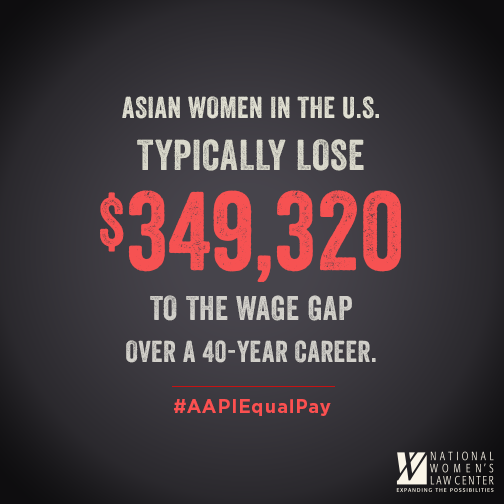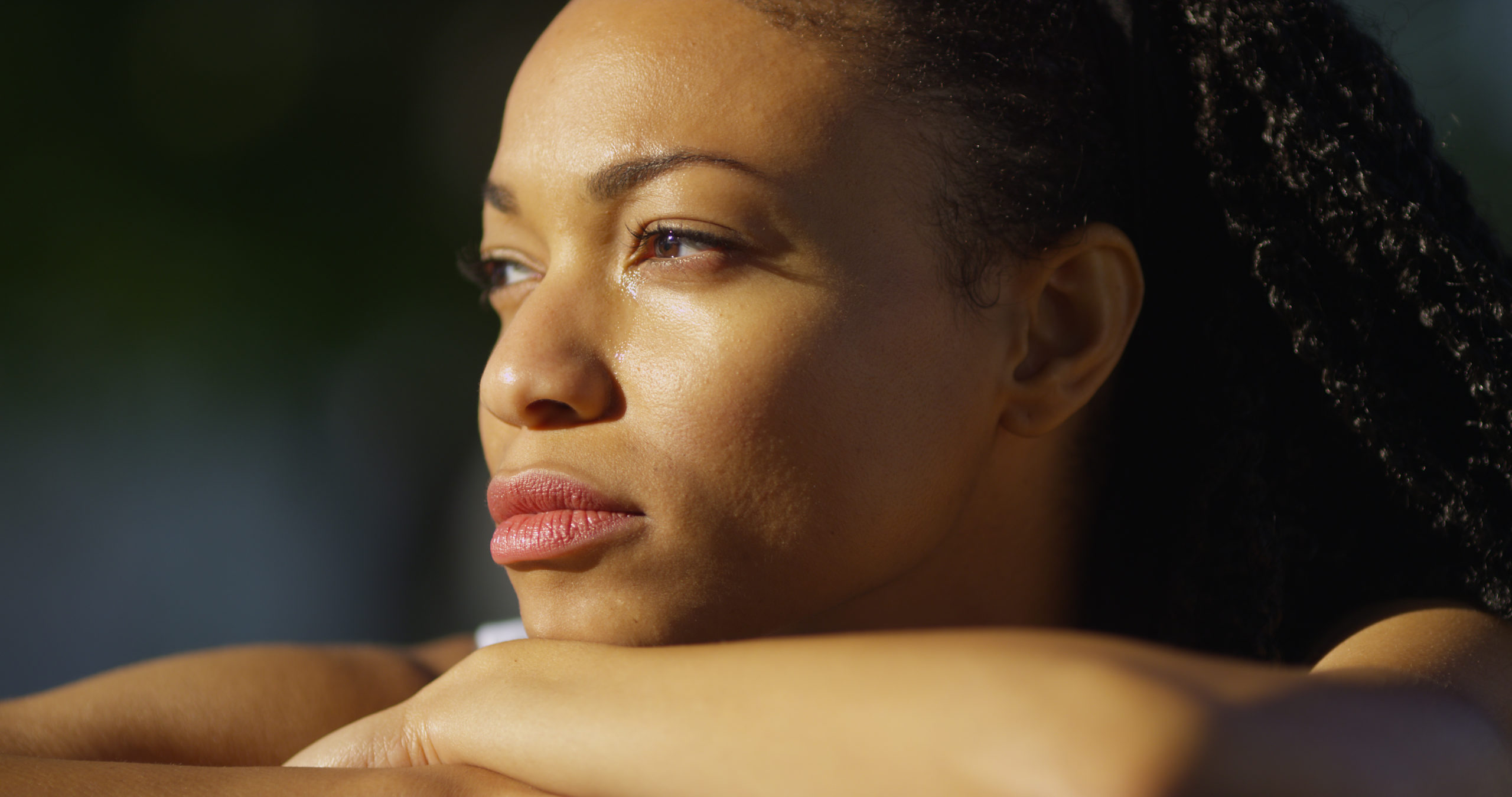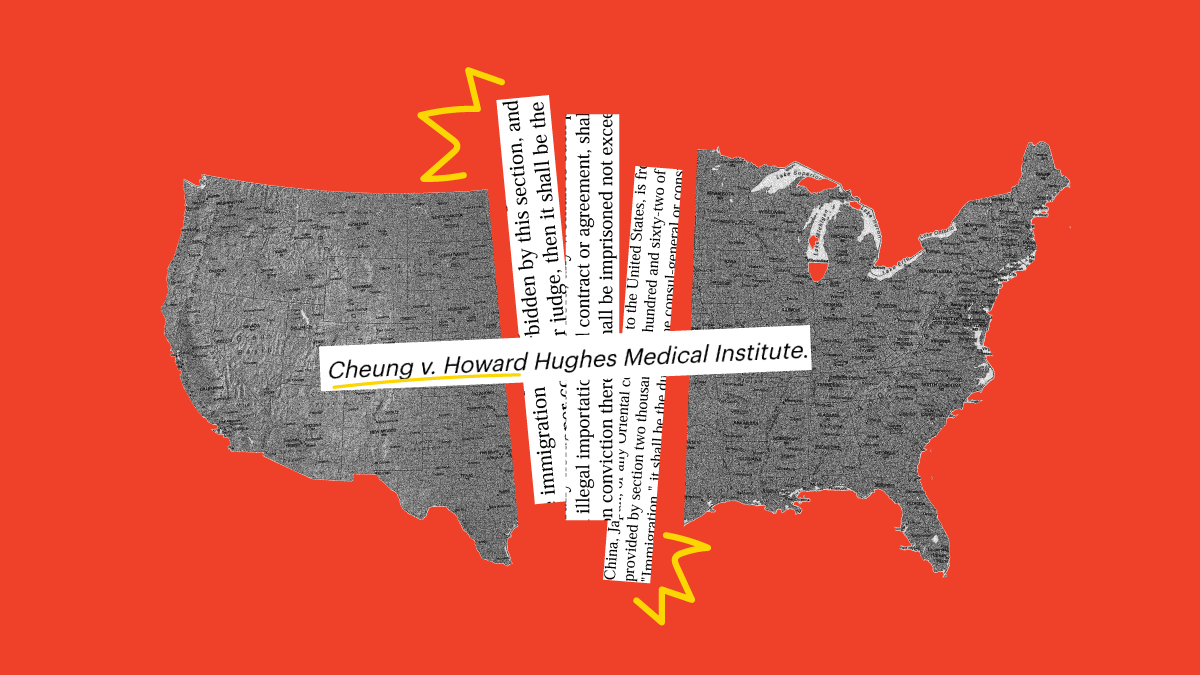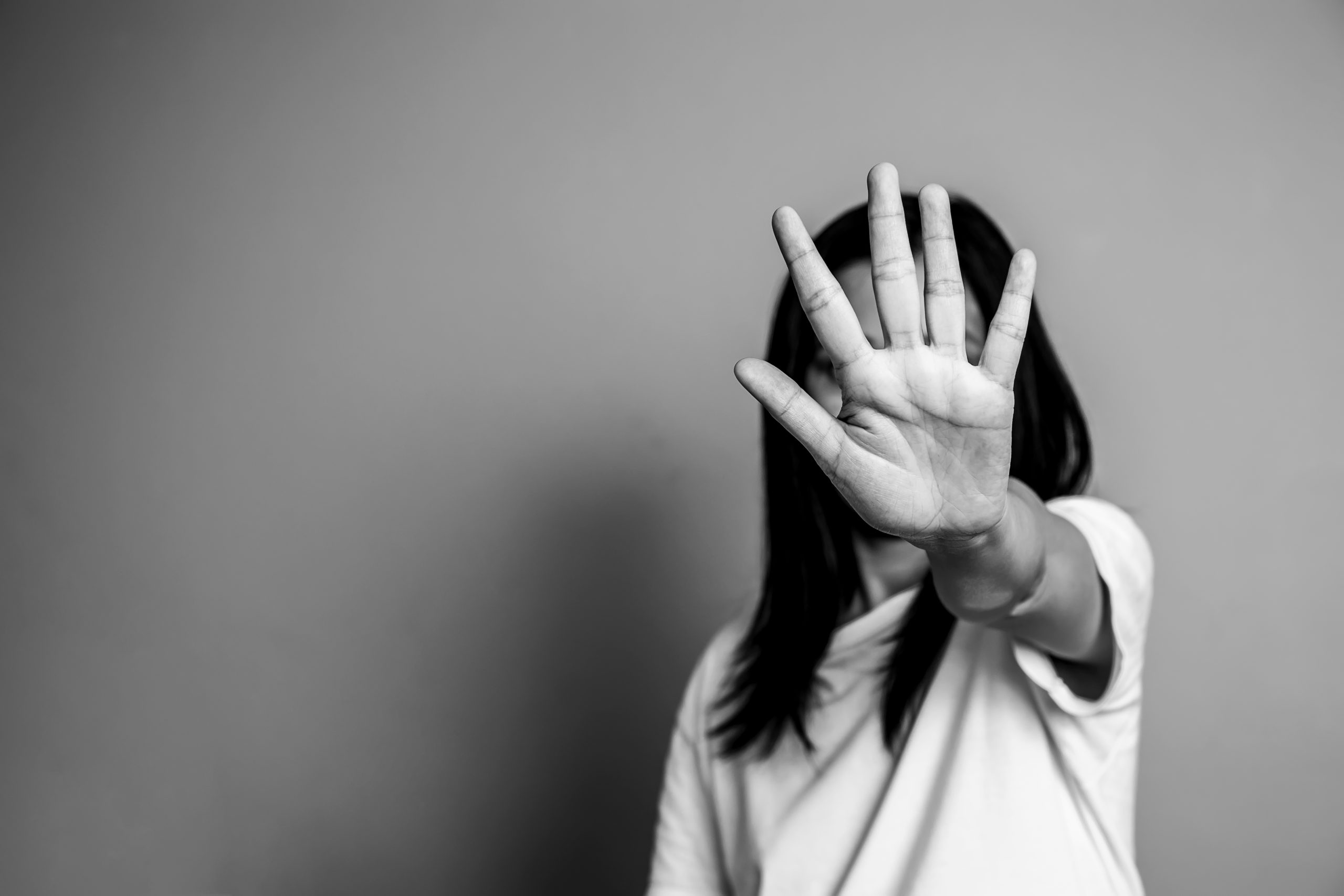My Ancestors’ Wildest Dreams are Freedom & Healing
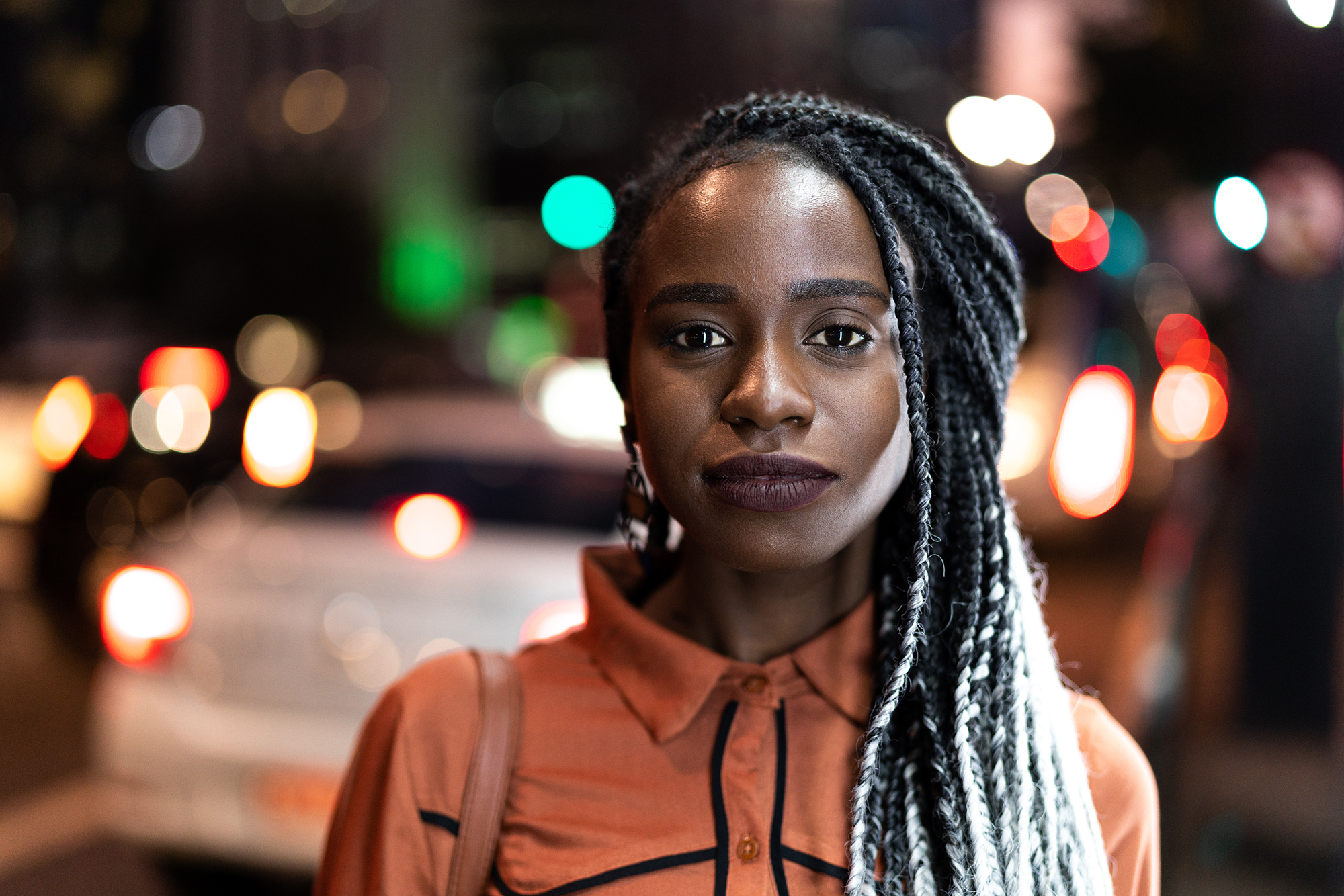
At NWLC, our Black History Month theme is “The Future is Black.” We called on our community to envision collective liberation, centering the needs of Black people in the fight for freedom. When I think about planning for the future, I must begin by examining the past. We have to know where we have been so we can figure out where we are going.
Exactly 200 years before I was born, enslaved Africans and some free people of color in Saint-Domingue, a colony located on the island colonized as “Hispaniola,” began to rebel against French authority. In the years that followed, people pursued their freedom until that island became the independent countries of Haiti and the Dominican Republic in 1804 and 1821, respectively. On Saturday, February 22, 2020, about 229 years later, I boarded a plane to explore Santo Domingo in the Dominican Republic for a birthday/delayed post-bar exam trip. While my ancestors visited the Caribbean on slave ships, I have the privilege of flying the friendly skies and spending time here for leisure. For them, it was a trip that defined their future; for me, it’s another stamp in my U.S. passport that can take me anywhere in the world.
229 years. It is incredible to think about all that can change in that amount of time. Thirty thousand feet in the sky, my mind wanders as I consider what my ancestors would think if they saw me now. While “I am my ancestors’ wildest dreams” has become a common slogan, it is not one that I feel comfortable using to describe my own achievements or existence. We label a cohort of Black medical students becoming Black doctors as “Black excellence” while the Black maternal mortality rate demonstrates that Black people are at risk with every pregnancy. We take masterfully styled photos in front of the Supreme Court as Black law students who, like me, become Black attorneys while mass incarceration destroys our community. We share viral posts on social media with groups of Black travelers in countries where the Black people who live in those places face extreme hardship, often exacerbated by Western greed.
So often the images or examples we use for our ancestors’ “wildest dreams” align with white supremacist standards of “success,” whether academic achievement, professional status, or attainment of wealth, and I’m just not convinced that those who came before me would say that these were their dreams. I’m not sure that my ancestors who survived the Trans-Atlantic slave trade, had their bodies and their lives policed by the Black Codes, sharecropped and farmed their way through the Deep South, and lived through Jim Crow would dream that their descendants living now would still have to grapple with unyielding double-consciousness in our personal and professional lives. At the end of the day, I don’t know their dreams. What I know is that they survived and “Black excellence” only exists today because they managed to do so.
All that is the past, but it is what shapes my thoughts as I turn over the question, “What does it mean to envision Black futures?” in my head. It requires creativity and imagination to think beyond what we know today. It requires careful consideration of desire, of values, of truth. The world in which we live is one where I hold complications and contradictions within my own identity: Black, woman, queer, attorney, daughter, sister, aunt, niece, cousin, learner, granddaughter, partner, friend, abolitionist, facilitator, colleague, survivor, entrepreneur. As the thoughts swirl through my mind, I’ve reached the conclusion all that I can do is define what I envision as an ideal world for those who come after me. And so, I dream.
I dream of a world in which Black women, femmes, and girls are safe from all forms of violence from any perpetrators, be it state-sanctioned, in their schools, or in their communities.
I dream of a world in which there are more parents who support their children through their journeys instead of literally or emotionally killing them.
I dream of a world where health liberation and reproductive justice are our reality.
I dream of a world in which representations of Blackness in the media are as varied as we are.
I dream of a world where the contributions that Black people make to art and culture are respected and not appropriated.
I dream of a world where we have healed wounds across the Black Diaspora.
As we close out the first Black History Month of this new decade, I invite you to celebrate the richness of Black history and culture by envisioning a world in which Black people are truly free and taking steps on a daily basis to work towards that future. And in 229 years, maybe our descendants will marvel at how far the world has come. Dream with me.

